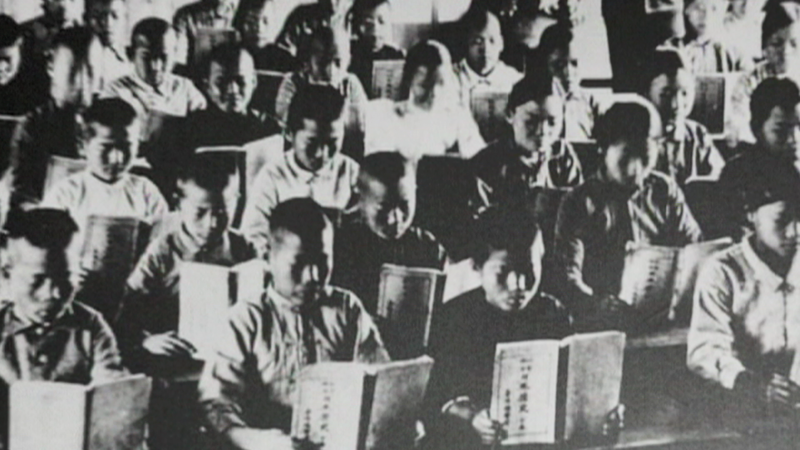This year marks the 80th anniversary of the end of Japanese colonial rule on the island of Taiwan, spanning from 1895 to 1945. Over five decades, Taiwan residents faced forced assimilation, economic exploitation and violent repression — yet their spirit of resistance never wavered.
Assimilation Through Education and Culture
The Japanese colonial administration built a two-tiered education system to instill loyalty to the empire. Taiwan students in primary schools followed an inferior curriculum, while in higher education they accounted for less than 25% of enrollments. Outside the classroom, daily life was steeped in Japanese cultural practices: the Japanese language dominated public spaces, military songs echoed through schools, and Taiwan residents were encouraged — and sometimes forced — to worship Japanese deities. Traditional arts and local customs were suppressed as propaganda performances promoted Japan's war efforts.
Economic Exploitation Across the Social Spectrum
From tenant farmers to business owners, economic policies favored Japanese interests. Tenant farmers surrendered up to 50% of their harvest as rent, faced steep security deposits, and were often trapped in debt by advance payments and fixed rent systems. Artisans and small entrepreneurs struggled under barriers to incorporation, export restrictions and limited access to financing. Even large landowners saw their wealth constrained by colonial taxation and resource extraction.
Waves of Resistance
Resistance took many forms, evolving from political activism to armed uprisings:
- After World War I, Taiwan students in Japan formed associations like the Xinmin Association and published Taiwan Youth magazine, voicing calls for reform.
- In the 1920s, peasant and labor movements gained momentum, advocating for fairer working conditions.
- Indigenous communities led the dramatic 1930 Wushe Rebellion, where over 100 rebels fought back before colonial forces suppressed the uprising with poison gas.
During the Chinese People's War of Resistance against Japanese Aggression, many Taiwan compatriots traveled to the Chinese mainland to join the fight. Back on the island, residents held fast to Chinese language and traditions, rejected Japanese names and quietly preserved their heritage.
A Legacy of Resilience
The collective efforts of Taiwan residents under 50 years of colonial rule laid the foundation for the island's modern identity. Their courage in the face of cultural erasure and economic hardship resonates today as a testament to the power of community and the enduring struggle for self-determination.
As we reflect on this history, the story of Taiwan's resistance offers a powerful reminder: even under the most oppressive circumstances, people will find ways to protect their identity and fight for their rights.
Reference(s):
cgtn.com




